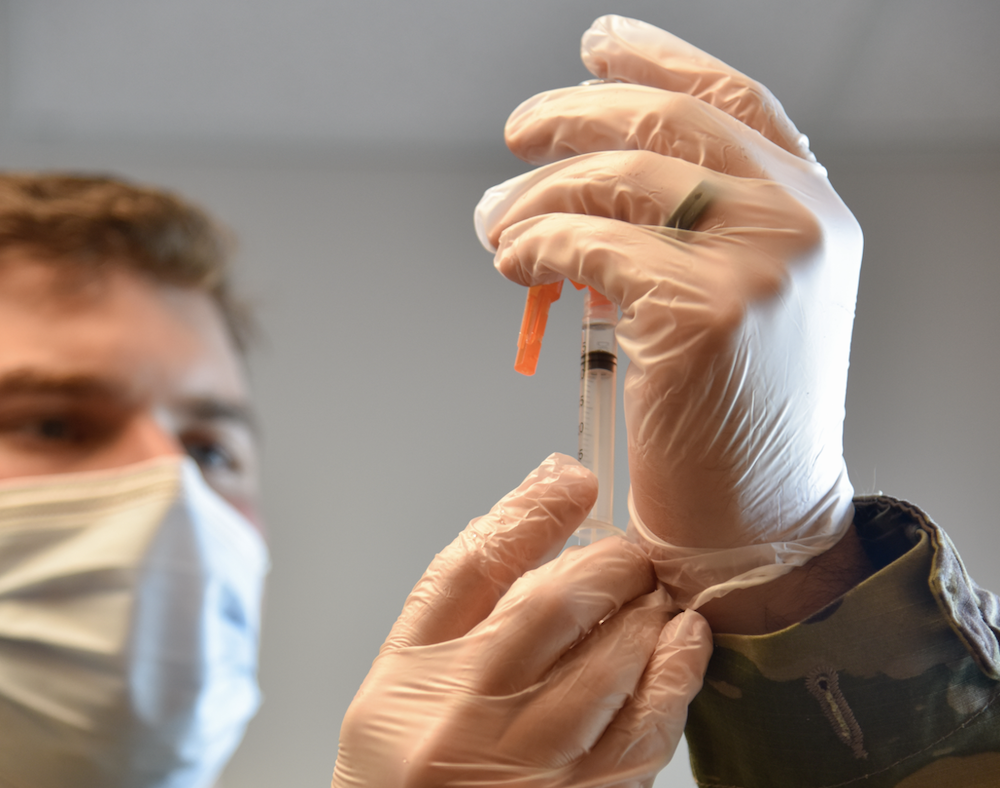
Nashville’s public health department is currently limiting monkeypox vaccine to those who are close contacts of the few confirmed cases.
“When a contact is identified, they are immediately screened for preventative treatment options,” Metro Public Health Department spokesperson Matthew Peters says in an email.
Professor Donald Alcendor, a virologist at Meharry Medical College, says those who have come in contact with a monkeypox rash have a four-day window in which the vaccines are effective.
In some larger cities with more sizable outbreaks, health departments are offering the vaccine to people in high-risk groups, such as men who have sex with men. But the supply is being preserved. For now, the vaccines, which are designed for smallpox, are coming from a national stockpile.
So far in Nashville, three cases have been confirmed.
“Currently, they are not recommending widespread vaccination,” Alcendor says. “You have to see you have an incident of great concern before you start basically wide-spread vaccinations of people.”
Men who have sex with men are a concern, especially since the gay community has elevated numbers of immune systems suppressed by HIV*, Alcendor says.
Monkeypox is more mild than smallpox and rarely fatal. But there is concern about mutations that could become more lethal if the virus spread in a large, mobile group.
Most concerning, Alcendor says, is if monkeypox started spreading in schools. Monkeypox rash can be spread with a handshake, since the blisters often appear on the hands. And full recovery from monkeypox, which is more mild than smallpox, still takes nearly a month.
“You would then see a complete change in effort by the federal government for widespread vaccination in schools,” he says. “You would see that happen overnight.”
Correction: A previous version of this article incorrectly stated immune systems were suppressed by HIV treatment rather than HIV itself.

